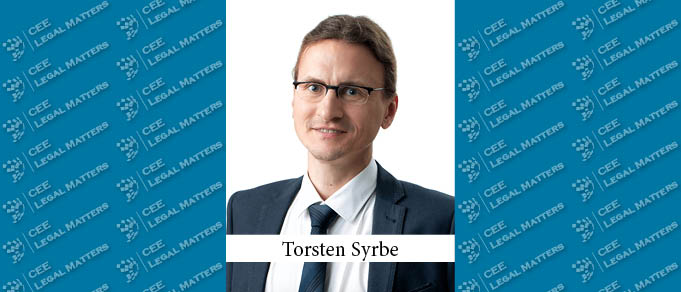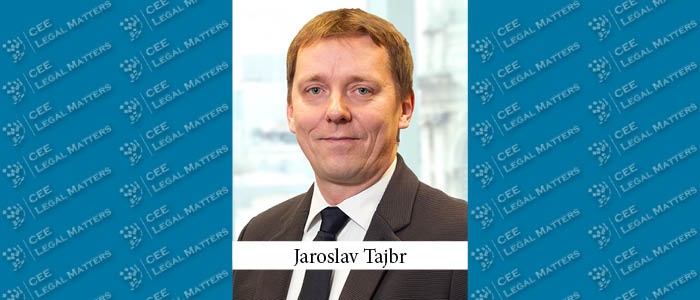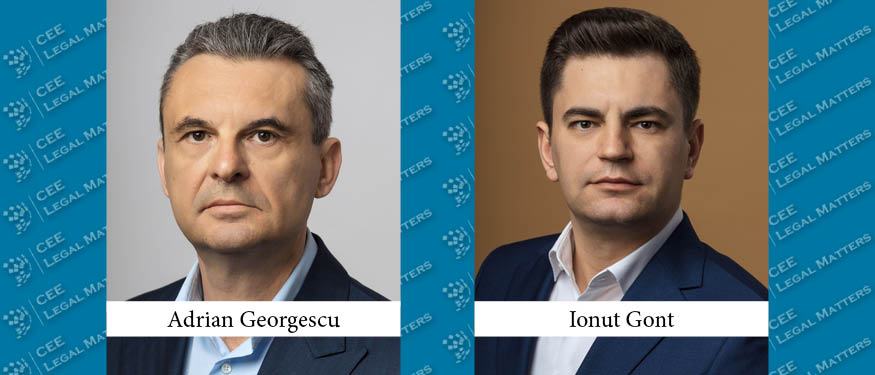Already suffering from the Covid-19 pandemic, Russia has been heavily affected by the volatility of the ruble, Western sanctions, and the price of oil, notes Torsten Syrbe, Partner at Clifford Chance in Moscow.
All these hurdles notwithstanding, he says, “Life Sciences, IT, and E&NR are the cross-border sectors that keep us busy, in particular, because transactions are often complex and require non-standard legal solutions.” In addition, he reports that “most major national projects, such as the construction of LNG infrastructure, petrochemical plants, and infrastructure projects for ports, roads, and other facilities, are still moving forward as planned.”
Russia also seems keen to attract foreign investment, Syrbe says, which is complicated “by many multinational [companies] being in 'wait and see' mode, focusing on their core businesses and markets during the pandemic.”
One of the ways the Russian government is compensating he says, is by enhancing the “localization” process, which “is intended to promote local production of different goods such as medical equipment, pharmaceuticals, and construction equipment, among others.” The process is several years old, he says, but it has picked up pace recently, and he reports that “laws here have been put in place to establish quotas for locally manufactured products in public procurement.” According to him, the newest localization law went into effect this summer, although he says that the specific quota levels for different goods have yet to be defined by the government.
Another new law, Syrbe says, relates to the certification of medicines for Covid-19. “The law is aimed at simplifying and accelerating the process for registering pharmaceuticals for the treatment of the Covid-19 infection,” he says. Efforts to combat the virus are present on the local level as well, and he says that “there has recently also been a push in Moscow to begin monitoring people’s interactions with infected persons through a mobile app.”
Despite economic ups and downs and the struggle with the pandemic, Syrbe reports that the political landscape is fairly stable, with the only notable change involving the head of the Federal Antimonopoly Service. “The change of the FAS’s leadership – the first in fifteen years – will see the former Vice-Governor of St. Petersburg, Maxim Shaskolsky, assume office,” he says. “Most observers expect him to maintain continuity with the good practices of the system formed by [former head] Igor Artemyev, but also to bring a breath of fresh air.”
Speaking of things fresh, Syrbe reveals that Clifford Chance’s team in Moscow is soon to undergo significant changes. “We decided with our lead litigation partner that our Litigation practice will function as an independent law firm under a separate brand,” he says. He notes that Clifford Chance will continue to advise on cross-border disputes involving Russian parties through the firm's global arbitration and litigation practice. The decision to spin the practice off — which follows similar decisions made by several other international firms — was influenced by a combination of factors, he explains. “The legal market has faced challenges for quite some time and demand for legal advice has been shifting between industry sectors. It is important that our office focuses on those sectors where our clients expect us to assist them in the coming years.”
















